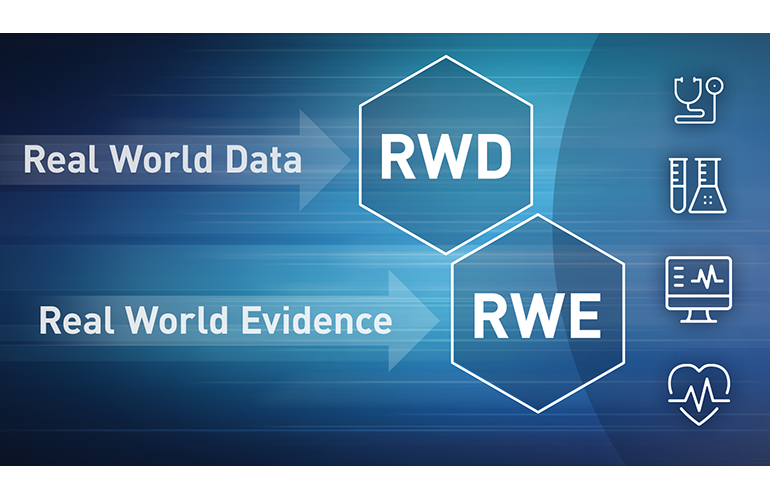
Image courtesy of FDA
Because adoption of real-world data (RWD) and real-world evidence (RWE) remains at an early stage, individual biopharma executives are likely to take on a central role in ensuring that such data — and the related use of AI — are handled ethically. It becomes imperative that drug developers using RWD ensure transparency, apply consistent rules, peer reviews and develop best practices when dealing with biased research data.
The ethical dimensions of RWD are poised to “become a much bigger topic of conversation,” said Jeff Elton, CEO of ConcertAI, which just hauled in $150 million in Series C funding.
That said, FDA has released a series of guidance documents related to RWD and RWE in recent years with some recommendations for dealing with incomplete data. In essence, the agency stressed studying the representativeness of RWD and, if it is not fully representative of a targeted population, stating what the bias is so that it can be considered.
“As we start making regulatory decisions both for supporting an approval or looking at post-approval safety or confirming outcomes, you want to make sure your data quality is as high as possible,” Elton said.
Elton said that medical societies can be helpful partners in this work, given their ability to scrutinize relevant RWD and identify when it is not 100% representative.
ConcertAI partners with the American Society of Clinical Oncology (ASCO), which works with academic centers, regional health systems and community providers that use a variety of electronic medical record (EMR) environments.
After integrating data from a range of environments, it can be helpful to look to external databases to provide context. “We’re using Surveillance, Epidemiology, and End Results Program (SEER) databases or comparing our analyses and data sets to other published studies and reference points and populations in epidemiological characterizing,” Elton said.
When considering data across a range of sources, it is vital to consider the potential of bias in each data set. Parties involved in collecting a given dataset will need to provide disclosures to demonstrate their level of objectivity. If parties have a bias, they need to disclose what it is.
Another dimension to such work will involve clinical centers in areas that have not traditionally provided RWD with high concentrations of diverse populations.
The National Cancer Institute (NCI) is working in parallel with the FDA to mandate getting institutions working with diverse populations to become more proactive in providing RWD.
In addition, the ability to scrutinize RWD could improve as regions across the world collect and share such data.
European and U.S. healthcare authorities have “been spending quite a bit of time together over the last two years” discussing RWD during the pandemic. “As they deal with the pandemic, they’re sharing information,” Elton said.
That said, European privacy rules can make it difficult for U.S. companies to obtain data gathered in Europe.
On the other hand, “because of the COVID-19 pandemic, the use of real-world data and linking data from different sources has happened a lot more in Europe,” Elton said. “They made a lot of progress in the last two years, and U.S. authorities and European authorities have been sharing a lot about how they do RWE analysis.”
Europe has also standardized a data model called Observational Medical Outcomes Partnership (OMOP).
The U.S. could adopt the same or similar data model standard.
China has also had a lot of emphasis on RWD but hasn’t followed the same conventions of data standards and data practices as Western firms.
As a result, it isn’t easy to link tU.S. and Chinese RWD and RWE at present.
Another consideration as AI continues to grow in power is scrubbing data to prevent the reidentification of confidential patient information from medical records text.
At present, U.S. HIPAA de-identification requirements differ from those patient anonymization requirements used in Europe.
“There’s a lot of standards that the industry has started to kind of wrap around itself to provide some assurances,” Elton said.